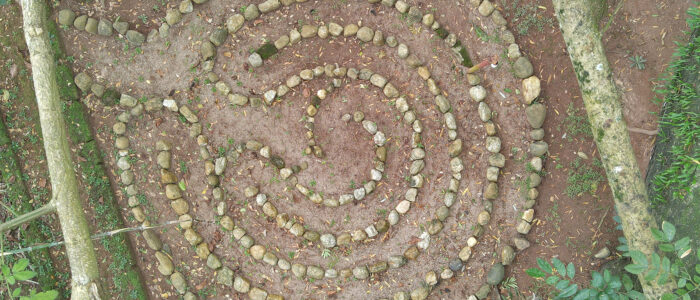Vision and Objectives
- To contribute to the spiritual revival of humankind in Sri Lanka and throughout the world, Vishva Niketan promotes the learning, teaching and practicing of the universal teachings of the Buddha, in a spirit of loving kindness to all living beings.
- To promote inter-faith, inter-racial, inter-communal, inter-political and inter-state understanding
- To train peace corps in activities and functions relating to peace building, crisis intervention and non-violent dispute resolution
- To assert by promoting human rights as the basis of peace and justice in every community of the world. It promotes inter-faith, inter-racial, inter-political and inter-state understanding.
- To sponsor actions that promote mutual understanding and amity between communities and religious denominations
- To provide a neutral ground for the resolution of disputes arising within communities in any particular country or among nations
Values
Truth
In the Kalama Sutta the Buddha has said not to accept this because I say this, because my teacher said this, or because it is in the textbook. Do not believe anything unless your mind says that this is the right thing. What is most important is to search for truth by one’s own efforts. Searching for truth should be a principle every human being should follow.
Non-Violence
Truth is closely linked with non-violence. From morning till evening, the whole day, you should never have any thought which brings violence on others. Do not utter a single word that impose violence on other people. In other words, there are four words that we must avoid. We must avoid speaking untruth, carrying tales, engaging in useless gossip, and abusive or harsh speech. All that is part of violence. Similarly, no action should be done which is harmful to any living being.
Self-Reliance
When truth and nonviolence are followed by human beings the ‘I’ concept, ‘me’ concept, and ‘ego’ begin to slowly vanish. When egolessness becomes a principle, we will realise that this ‘I’ factor is an illusion. We should not be deceived by thinking that there is ‘me’, ‘mine’, ‘my’. If we can practice these three principles of truth, non-violence and self-denial that means so many other principles we have learned in our culture can be included under these three headings. For example:
10 Duties of Rulers
Dana: Generosity, Sila: Morality, Paticcaga: Sacrifices, Ajjava: Honesty and integrity, Maddava: Kindness or gentleness,Tapa: Restraint of senses and austerity in habits, Akkodha: Non-hatred, Avihimsa: non-violence, Khanti: Patience and tolerance, Avirodha: Non – opposition and non-enmity.
Ten Perfections:
Perfection in charity (dana parami) – Perfection in morality (sila parami) – Perfection in renunciation (nekkhamma parami) – Perfection in wisdom (panna parami) – Perfection in effort (viriya parami) – Perfection in tolerance (khanti parami) – Perfection in truthfulness (sacca parami) – Perfection in resolution (aditthana parami) – Perfection in loving kindness (metta parami) – Perfection in equanimity (upekkha parami) –
Four Noble Abodes:
Loving Kindness – Compassion – Altruistic Joy – Equanimity
Four Ways of Treating the World:
Generosity – Pleasant Speech – Meaningful Livelihood – Equality
Four Contemplations of Mindfulness:
Delve deep into Contemplation of Body – Feelings – Mind States – Phenomena
Code of Conduct
While at Vishva Niketan we shall
- Observe Noble Silence
- Take every step with mindfulness
- Speak every word with awareness
- Learn to look at every thought with mindfulness
- Keep the buildings and premises clean
- Keep the environment clean
- Look after the plants as living beings
- Refrain from smoking, consuming alcohol and non-vegetarian food
We shall
- Not take arms of any form inside Vishva Niketan premises
- Use water and electricity with due concern thus avoiding waste
- Be attired in white
- Be barefooted
- Always keep the rooms and toilets clean and wash the crockery and cutlery after personal use
- Maintain the surroundings clean




